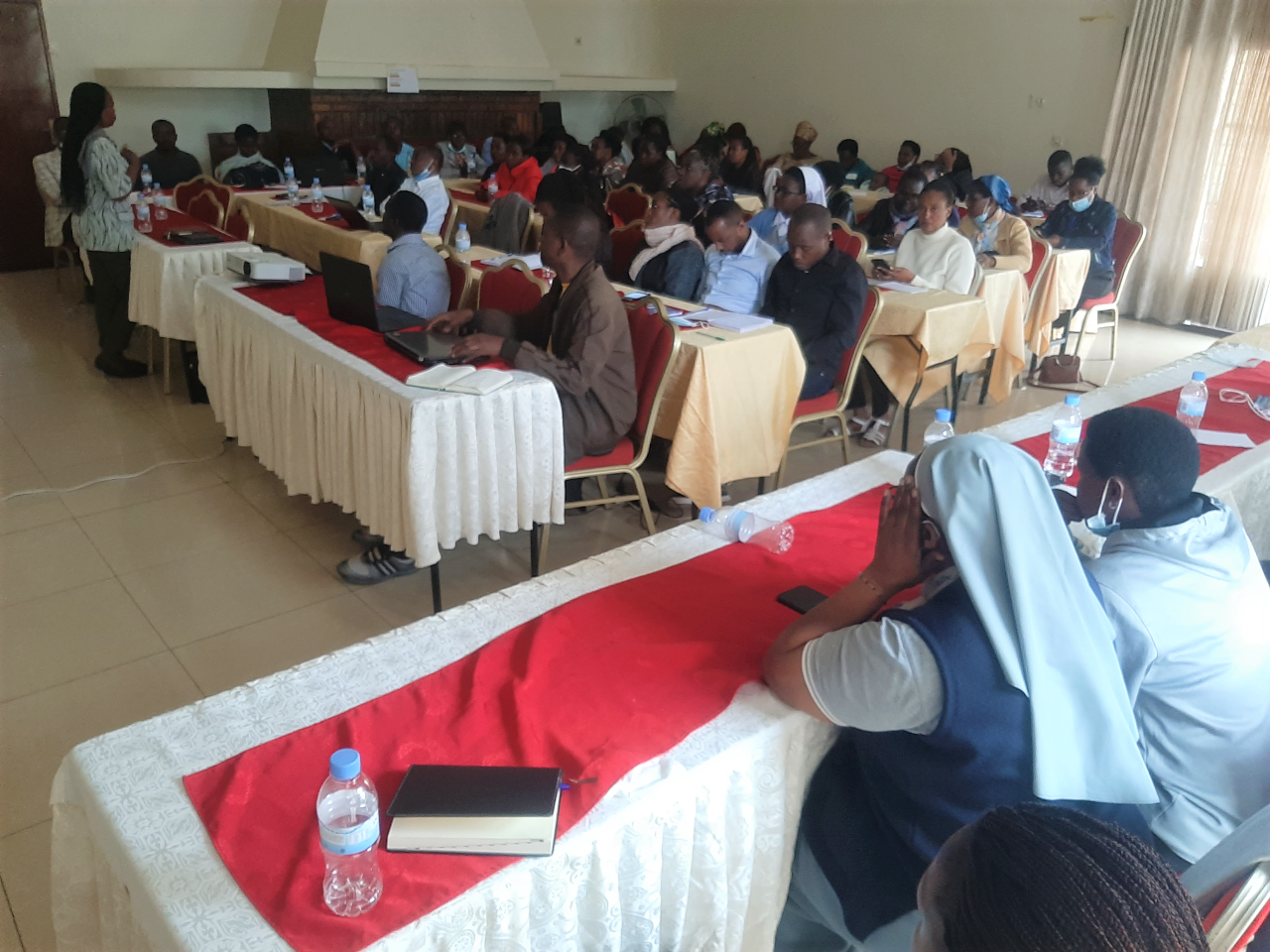Rwanda: Strategizing to reduce dropouts from Antenatal Care and fmily planning programs in Rulindo District
According to Rwanda
Demographic Health Survey (DHS) 2019-2020, only 47% of Rwandans who gave birth in the
5 years preceding the survey had four or more Antenatal Care (ANC) visits and, overall, 64% of currently married women use
a family planning method, with 58% using a modern method and 6% using a
traditional method.
On the other hand, reports from Health Management Information System (HMIS) 2020-2021,
indicate that 59% of
pregnant women attended Antenatal Care visit in the first trimester and 45% of pregnant women conducted at least 4 Antenatal Care
visits during their pregnancy.
Despite the efforts
and achievements made through the Rwanda’s Ministry of Health and its partners
to improve the above key indicators, some dropout cases from Antenatal care and
family planning programs continue to be registered.
In this context, from 06-09 June 2022, Rulindo district, one of the seven districts of the Belgium-funded health
intervention, in partnership with Enabel,
organized a four-day workshop of key actors in Family Planning and Antenatal Care service delivery to share their best practices, identify and discuss on
challenges and possible strategies to improve on quality of services related to
FP uptake and ANC visits.
Participants in this session include district and hospital
representatives, heads
of health centres, representatives
of health posts as well as
secondary health posts’ providers all from Rulindo district in the Northern Province of Rwanda.
As a result of the
workshop, each hospital catchment zone has elaborated improvement plan to improve quality of services and address most of factors leading to increased dropout from ANC
and FP programs.
Rulindo district aims to increase to four ANC standard visits
from 59% (2020-21) to 60% in 2024, and FP uptake from 63% (2020-21) to 65% in 2024
and increase post-partum family planning (PPFP) from current 66% (2020-21) to
76% in 2024.
Laatste nieuws van dit project
Geen nieuws

